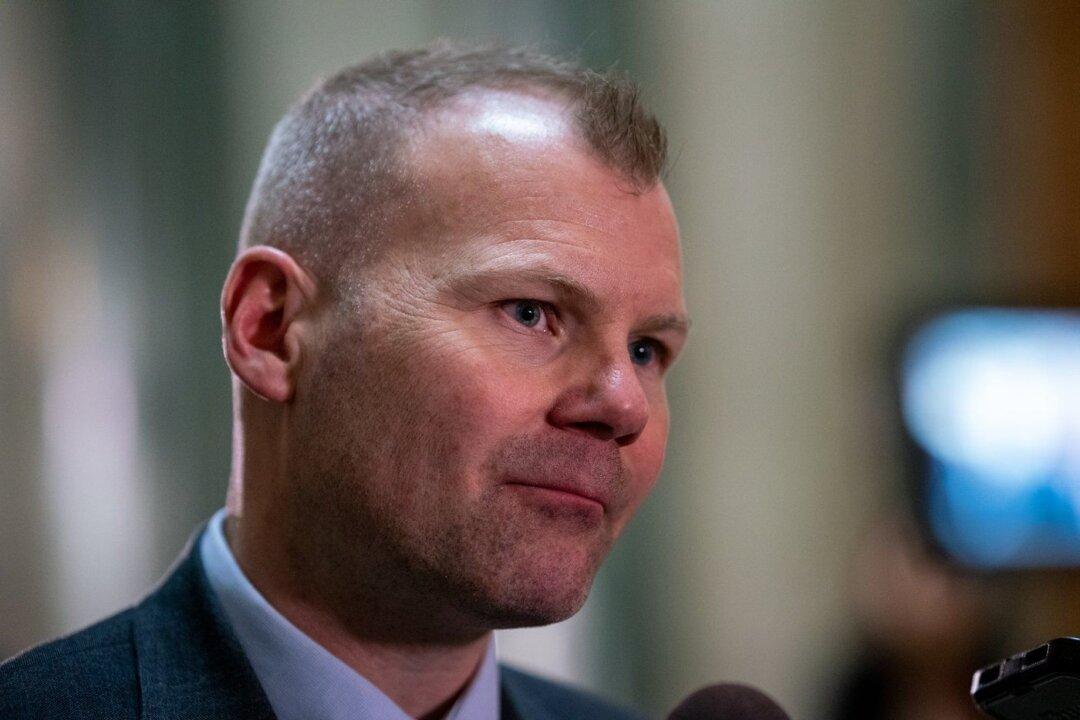The Saskatchewan government has joined New Brunswick in announcing a new policy requiring parental permission for children under the age of 16 to change their preferred first name or pronouns at school.
In a letter to school board chairs posted by a parent on X, formerly known as Twitter, Minister of Education Dustin Duncan advised that parent involvement in their children’s education is “of the upmost importance” and states the new policy is effective immediately.





